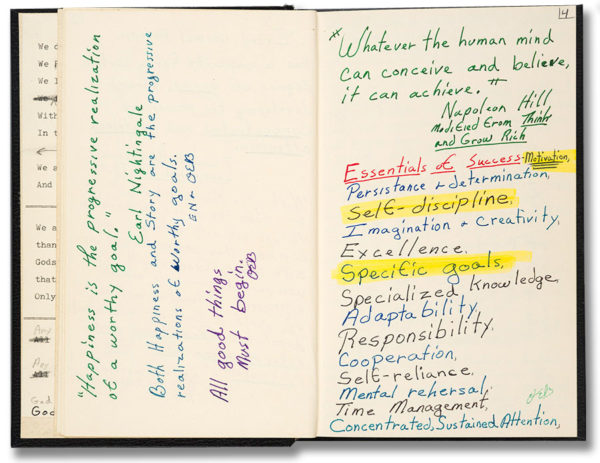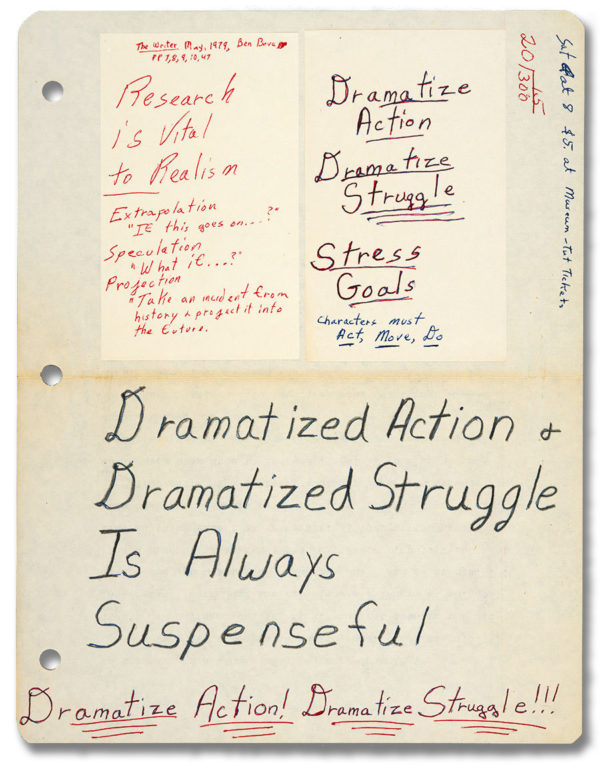All works of fiction are built around a character who yearns, and if you’re in touch with what the character is yearning for, then every detail is filtered through that emotional center.
Writing
Neil Gaiman: Make Good Art
When you start out on a career in the arts you have no idea what you are doing. This is great. People who know what they are doing know the rules, and know what is possible and impossible. You do not. And you should not. The rules on what is possible and impossible in the arts were made by people who had not tested the bounds of the possible by going beyond them. And you can.
Neil Gaiman, “Make Good Art” (read it here)
How Daniel Pink Writes
When I’m in the writing stages of a book, I keep a pretty rigid schedule. Each day I show up to my office (the garage behind my house) in the morning, around 8:30 a.m. And I give myself a word count — usually between 500 and 800 words. I don’t do anything else — no email, no phone calls, no Twitter — until I hit that word count. Sometimes I can do it in a few hours. Other times, it’s excruciating and I’m struggling well into the afternoon. For me, it’s the only process that works. If I write 600 words a day, 6 or 7 days a week, the pages begin to pile up.
Dan Pink (via)
“All good things must begin”
Wonderful journals from the science-fiction author Octavia Butler. More here.


More:
I will find the way to do this So be it! See to it!
(via)
We internalize all the negative things our culture feeds us about ourselves. We internalize all the negative things our parents (also self-hating) feed us about ourselves. We accept limits that do not exist — or would not if we were not so well prepared to accept them.
(via)
Strive Always — In All Ways At All Times — Always For Intensity. Cold or Hot, Hard or Soft, Gut-Wrenching or Deeply Stilling Utter Intensity.
(via)
Gay Talese on Writer’s Block
This is exactly how I feel.
The Silence
Q: Looking back, how do you recall your 50-plus years as a writer?
Roth: Exhilaration and groaning. Frustration and freedom. Inspiration and uncertainty. Abundance and emptiness. Blazing forth and muddling through. The day-by-day repertoire of oscillating dualities that any talent withstands — and tremendous solitude, too. And the silence: 50 years in a room silent as the bottom of a pool, eking out, when all went well, my minimum daily allowance of usable prose.
After you finish
After you finish a book, you know, you’re dead. But no one knows you’re dead. All they see is the irresponsibility that comes in after the terrible responsibility of writing.
Leon Uris: Research feeds your writing
Research to me is as important or more important than the writing. It is the foundation upon which the book is built.
Leon Uris